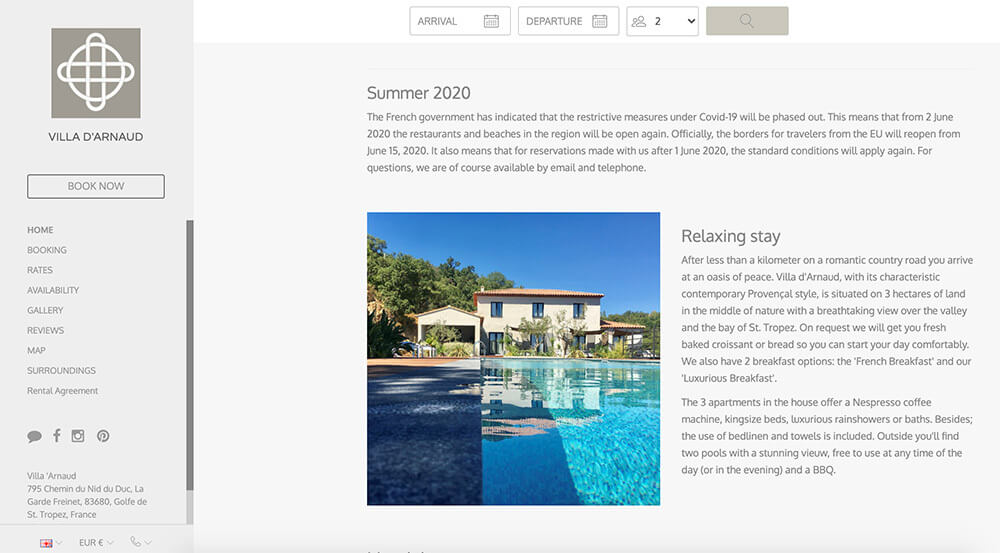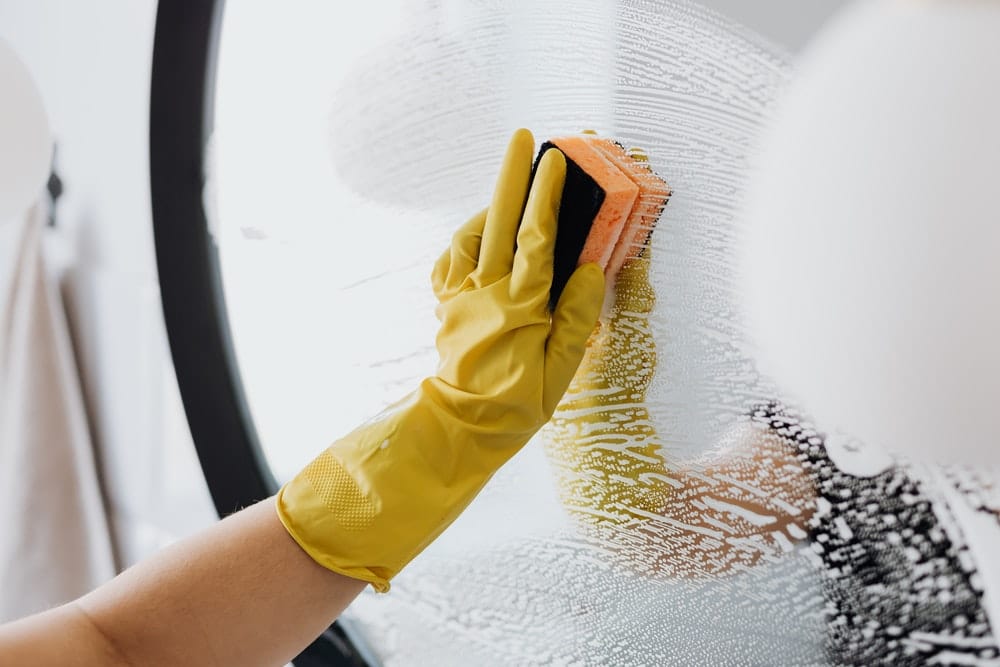As people begin to resume travel plans and start taking trips again, vacation rental owners all over the globe are anxious to get back to business. Many are going the extra mile to appeal to eager travelers, finally fill those vacancies, and make up for all of the last-minute cancellations and lost income.
The most important part about reopening your vacation rental is doing it safely. The number one thing travelers considered when choosing a vacation home before COVID-19 was cleanliness, and that concern has been increased ten-fold. Taking intentional steps to clean and sanitize according to (and exceeding) CDC guidelines is the best way to keep you and your guests safe and healthy while on vacation.
Here are a few steps you can take to ensure an effective re-opening:
1. Set A Reopening Date
If you haven’t already, pick a day to officially resume business and let all of your previous guests know. Pick a date that is far enough in the future that will let you tie up any loose ends, but also a date close enough to close the gap between your existing vacancies and future bookings. Once you’ve selected a new date, spend time (and money) on marketing efforts getting the word out.
2. Modify Your Marketing Strategy

Part of reopening your vacation rental is modifying your marketing strategy. You’re not just marketing to the traditional family excited about a summer vacation anymore. You’re trying to capture the attention of people who are working with kids at home, people who have been in their homes for months, and locals who are still a little worried about traveling. Your marketing campaign should target these groups.
If your vacation rental has features that may appeal to those professionals working from home, highlight them! Or if your rental is close to nature trails or entertainment venues that families can do while still avoiding big crowds, showcase them.
Remember that your audience now has different wants, needs, and concerns than your typical summertime guests.
3. Consider Flexibility
Even if you usually charge top dollar and have strict rules for peak season, consider offering flexibility in the price and the terms to get those first few bookings in. If you normally require two-week bookings, consider reducing it to appeal to travelers who are slowly inching back into extended travel. Offer discounts, welcome packages (hand sanitizer and toilet paper, maybe?), and review current policies to see where adaptation and flexibility may help attract guests.
4. Update Your Website
If you use direct booking technology for bookings, consider adding a “Travel Update” section to your website. This can give interested guests the information and resources they need to stay current on statistics and case numbers in your area.
You can also use this section to relay all of the things you’re doing to prepare for reopening, and give guests an opportunity to ask questions or contact you about any travel concerns they may have.

5. Evaluate and Adapt Current Policies
Part of this flexibility is looking at the current policies you have in place and reevaluating them to serve this new wave of guests more effectively. What changes can you make to your cleaning procedures, check-in/ check-out policies, and the booking process? If you work with a team, consider having conversations about proper sanitation protocols and make sure everyone knows how to interact with guests in the safest way possible.
If you have a property manager, ask about what they are doing to ensure your home is clean, healthy, and safe at all times. Create new signage to post in homes to remind guests how to minimize cross-contamination.
Evaluate what you are doing in terms of communication with guests and find ways to be transparent in your efforts to keep everyone safe.
This may look like posting a video of your vacation rental cleaning routine to social media so guests can see exactly what you’re doing to keep them safe. If you work with a team, property management or other outside vendors, make sure everyone is on the same page when it comes to social distancing and sanitation procedures.
6. Incentivize
While a target marketing strategy and modified rates and terms may pique the interest of travelers, they may need a little more encouragement to make the booking.
Offer instant rewards for bookings, or throw in extra amenities such as a grocery welcome pack or vouchers for a food delivery service. Get creative. Think about the things that this first wave of travelers want and use them as incentives for bookings.
7. Step Up Your Cleaning Strategies
Before the bookings start rolling in, you should take inventory of the cleaning products you are using and see how they align with the CDC recommendations for effective cleaning and sanitation. You can compare your current inventory of cleaning supplies with the EPA’s list of products that are labeled as “Emerging Viral Pathogens AND Human Coronavirus claims for use against SARS-CoV-2.”

Some things to keep in mind are:
- Sanitizing and disinfecting are not the same. Sanitizing means reducing the number of germs on a surface to be considered safe by the CDC. Disinfecting means eliminating almost 100% of the germs on a given surface or object.
- Anyone entering the home (house cleaners, contractors, maintenance, inspectors, etc) should wear personal protective equipment such as masks and gloves
- If you own more than one property, it is important not to bring gloves and other cleaning supplies from one house into the next.
- Avoid shaking linens and bedding to avoid sending small particles through the air
Over to You
The tourism industry took a hard hit at the beginning of 2020, and vacation rental owners are anxious to get back to work. If you are planning on reopening your doors and taking bookings again (or even if you already have) it’s important to have a plan. This is not like every other summer. This is a summer of navigating new rules and new concerns in a new era of travel.
Align your re-opening strategy anticipating the needs and concerns of travelers while also aligning with CDC guidelines, and you’ll be on your way to a more productive (and profitable) summer rental season.


